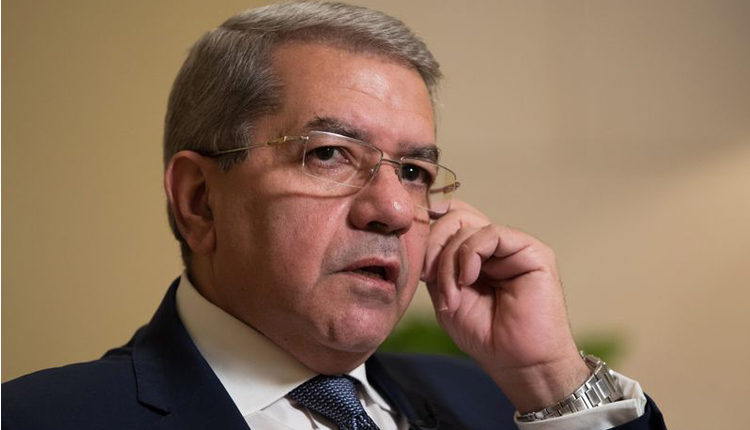Egypt OKs FY2016/17 final accounting budget, deficit falls 10.9%
Egypt’s parliament approved the final accounting for the financial year 2016/17 budgeting, where the total budget deficit fell to 10.9 percent of GDP, compared to 12.2 percent the previous year, unveiled Finance Ministry on Wednesday.
The primary deficit fell to 1.8 percent of GDP in the financial year 2016/17 from 3.5 percent the year before.
Parliament also ratified the final accounts of the budgets of the public economic authorities, the national authority for military production, as well as the justice ministry and its affiliated authorities.
The final accounting was referred to the State Council for legal review and will be sent back to parliament to be ratified and signed into law.
“El-Garhy said the final accounting of the state budget 2016/2017 saw an increase in the value of public spending, including most chapters of the general budget,” the ministry’s statement read.
Social spending increased as wages and employee compensations went up by 5.5 percent to 225.5 billion pounds during the financial year 2016/2017 up from 213.7 billion pounds a year earlier.
Spending on basic commodities increased by 11.1 percent year-on-year to 47.5 billion pounds from 42.7 billion pounds.
The number of beneficiaries from Takaful and Karama pensions increased, the statement said, without providing further details.
Amr El-Garhy attributed the improvement in the numbers to the fact that revenues increased by a greater percentage than expenditures; revenues jumped by 34.1 percent year-on-year, while expenditures saw a 26.2 percent increase.
Investments increased by 57.6 percent year-on-year.
The statement highlighted an increased capacity to repay public debt services. The loan repayment ratio for local and foreign loans increased to 9.4 percent.
As for debt services, the percentage of interest paid increased by 29.9 percent.
El-Garhy attributed the additional funds in the 2016/17 final accounting to decisions including the Egyptian pound float in November 2016, the increase in interest rates, and the more expensive oil prices.
A finance ministry committee will be formed to implement the recommendations of parliament’s planning and budgeting committee as well as notes from the Central Auditing Organisation.
Source: Ahram Online


